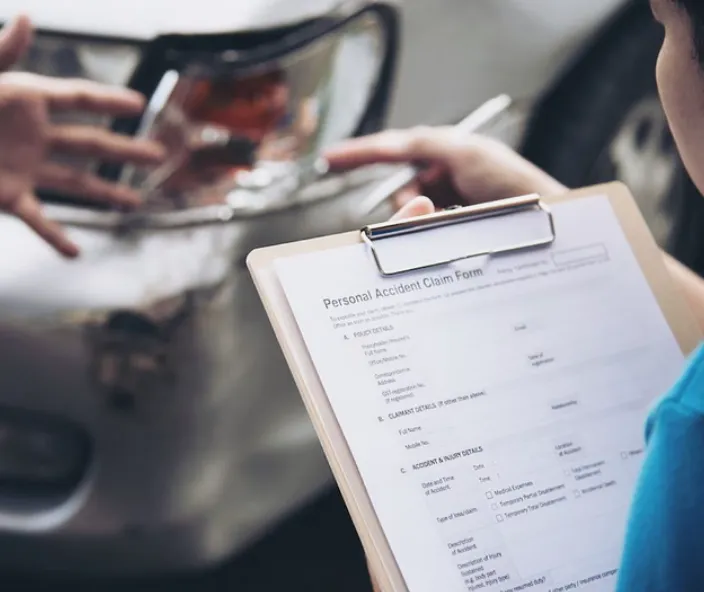No one likes to think about accidents, lawsuits, or costly mistakes, but the truth is they can happen to anyone—whether you run a business, work independently, or just want to protect personal assets. That’s where liability insurance comes in. It acts as a financial shield, stepping in when you’re held legally responsible for damages, injuries, or other losses.
Far from being an optional extra, liability insurance is a vital part of a smart financial safety plan. Let’s explore what it is, the different forms it takes, and why it deserves a place in your overall strategy.
What Is Liability Insurance?
At its simplest, liability insurance is protection against claims when you’re deemed at fault for harm caused to another person or their property. Instead of draining your savings or business resources to pay for medical bills, repairs, or lawsuits, your insurer covers those costs.
Imagine a visitor slips on a wet floor at your shop and needs medical treatment. Without insurance, the expenses could fall entirely on you. With a liability policy, those costs are managed, helping you protect both your finances and your reputation.
Main Types of Liability Insurance
Liability insurance isn’t one-size-fits-all. Different policies cover different risks, depending on your work and lifestyle:
- General Liability Insurance
Protects against claims involving bodily injury, property damage, and reputational harm. It’s essential for businesses that interact with customers or operate physical locations. - Professional Liability Insurance
Often called Errors & Omissions (E&O), this covers mistakes, missed deadlines, or poor advice. It’s particularly relevant for consultants, lawyers, healthcare providers, and IT professionals. - Product Liability Insurance
Designed for manufacturers, retailers, and distributors. If a defective product injures a customer or causes property damage, this policy steps in. - Employer’s Liability Insurance
Complements workers’ compensation by covering lawsuits from employees claiming unsafe conditions or negligence. In many regions, it’s legally required. - Public Liability Insurance
A narrower form of coverage for injuries or property damage involving the public—common for event organizers, cafes, or shops. - Umbrella Liability Insurance
Provides an added layer of coverage when claims exceed the limits of your existing liability policies. - Cyber Liability Insurance
With data breaches and online risks on the rise, this covers expenses such as breach response, legal penalties, and reputational recovery after a cyberattack.
What Does Liability Insurance Cover?
While details vary by policy, liability insurance usually includes:
- Bodily injury: Medical costs and legal fees if someone is injured due to your operations.
- Property damage: Costs to repair or replace another person’s damaged belongings.
- Legal expenses: Defense costs, settlements, and court judgments.
- Reputational harm: Protection from claims like libel, slander, or copyright infringement.
Even unfounded lawsuits can be expensive to fight, making coverage a crucial safeguard.
Why It Matters
- Lawsuits Are Common – Legal claims are a regular part of modern business and personal life. Insurance helps manage them without draining your resources.
- Compliance Requirements – Many contracts and regulations require proof of coverage. Without it, you could lose out on opportunities.
- Reputation Protection – Quick resolution of claims reduces damage to your credibility.
- Financial Stability – One claim can cost more than years of premiums. Insurance keeps operations running smoothly.
- Peace of Mind – Knowing you’re protected allows you to focus on growth instead of worrying about potential setbacks.
Choosing the Right Policy
The right liability insurance depends on your risks and goals. To choose wisely:
- Assess your vulnerabilities—think about customers, employees, products, and data.
- Ensure your coverage limits match your level of exposure.
- Read exclusions carefully so you know what isn’t covered.
- Consider add-ons or modular policies that adjust as your business grows.
- Research insurers for reliability and claim-handling reputation.
Final Thoughts
In today’s world, liability insurance isn’t a luxury—it’s a necessity. From workplace accidents and product defects to defamation claims and cyberattacks, the right policy ensures you’re not facing these challenges alone.
Whether you’re running a startup, freelancing, or managing an established company, liability insurance gives you the security to grow with confidence. In the end, it’s not just about avoiding financial loss—it’s about protecting the future you’re working so hard to build.




